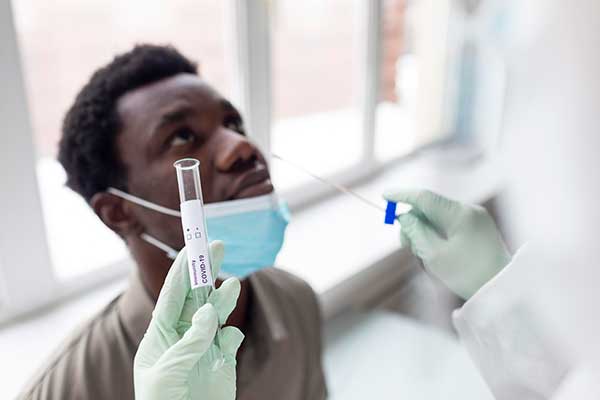By Don Herrington, Interim Director, Arizona Department of Health Services
Since the start of the pandemic, more than 15.5 million diagnostic tests have allowed Arizonans to learn whether they have COVID-19 and take action to protect themselves and others.
Testing has come a long way in Arizona, both in terms of capacity and options. COVID-19 tests are available to everyone, including the uninsured, at low or no cost.
Today, hundreds of providers are available to provide testing, from drive-through services at retail pharmacies to federally qualified health centers to community testing events to saliva-based testing Arizona State University has offered in various locations around the state. You’ll find options near you at azhealth.gov/testing or through your county health department.
Self-tests have also become widely available – and are in great demand at this time. Your county health department or community may have a program to distribute these for free, and President Biden recently announced steps to help even more Americans have access to at-home tests.
While not always as accurate as a laboratory test, an at-home test allows you to find out at your convenience whether you should isolate from others and connect with your doctor on COVID-19 treatment options.
Meanwhile, Governor Ducey and ADHS continue investing in ASU’s free saliva-based testing, which has contributed greatly to the state’s efforts to expand the availability testing. Since the summer of 2020, ADHS has funded 450,000 COVID-19 tests for the general public through ASU. An additional investment of $10 million will make another 100,000 tests available to the general public.
This month, ASU has offered testing in Flagstaff, Tucson, Mesa, and Scottsdale. Throughout the pandemic, ASU testing also has been offered in Yuma, Page, and Safford, and Lake Havasu City, among other locations.
We encourage you to get tested if you have COVID-19 symptoms or 5-7 days after exposure to someone who has – or who you suspect has – COVID-19. Learning your status as soon as possible helps protect you and others.









